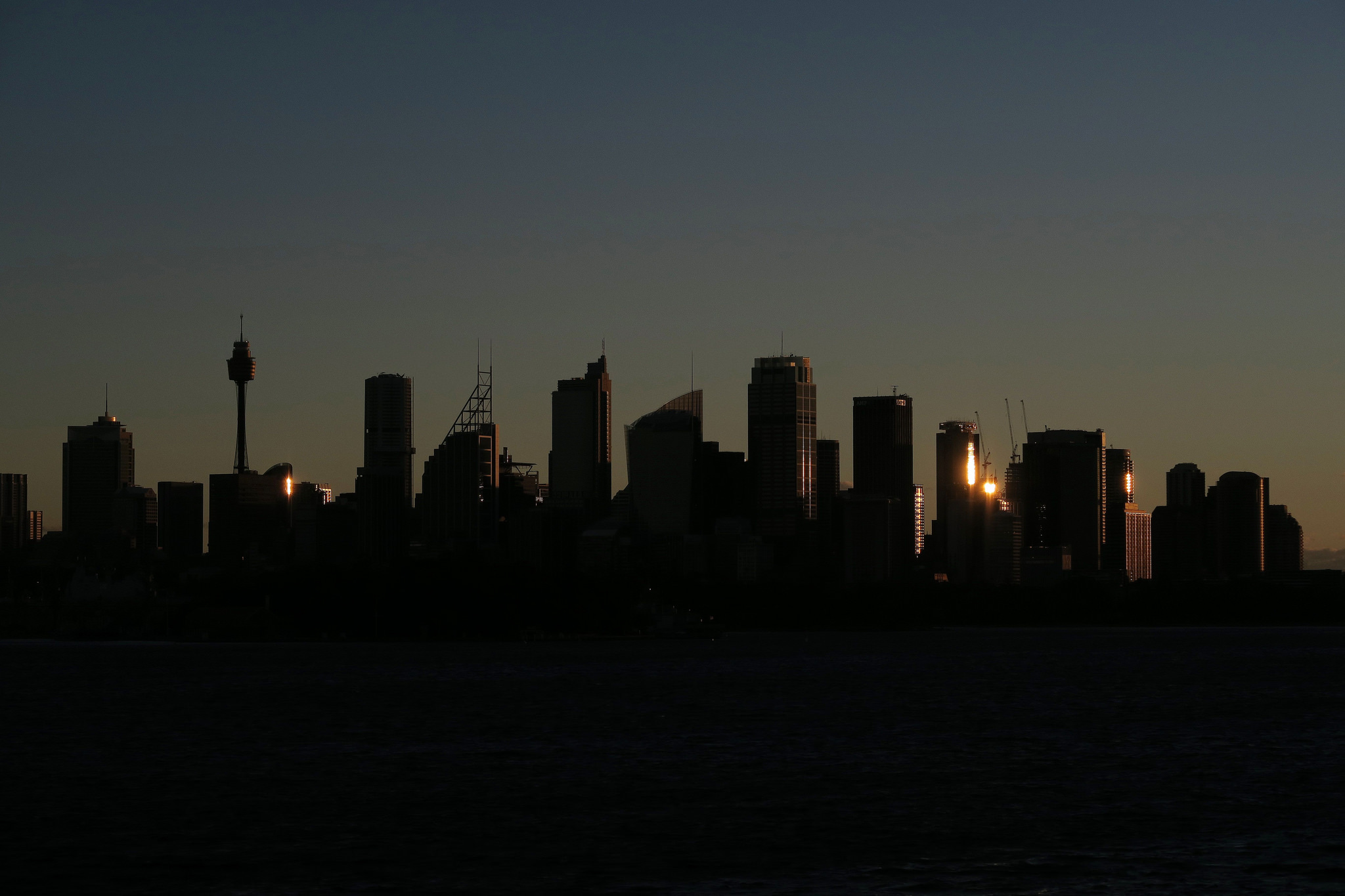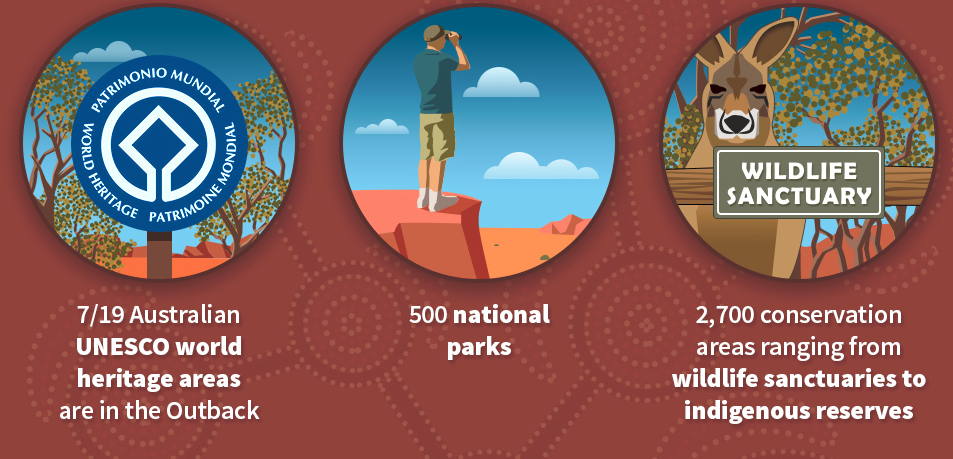Going to Australia with some preparation, a few tips:
1. Top things to do:
- Citytrip: Sydney – Melbourne – Perth
- Road trip: Great Ocean Road – Grand Pacific Drive
- Aboriginal: Uluru-Kata Tjuta NP – Alice Springs – Darwin
- Beach / Outdoor: Ningaloo Marine Park – Great Barrier Reef – Coffin Bay NP
- National Parks: Litchfield NP – Blue Mountains – Flinders Ranges – Lake Gairdner
- Top 4wd tracks: Oodnadatta track – Gibb River Road – Birdsville Track – Cape York
2. Size
Don’t be fooled, Australia is a huge country (in fact it’s a continent). It’s the 6th largest country in the world. A few things to keep in mind if you plan a trip: one: take a lot of time; two: carefully pick the things you want to see and do (and go back a few times).
To give you an idea how big it really is: in comparison with Europe and other countries: (and ask yourself, are you going to see the whole of Europe in 3-4 weeks?). Compare the size to other countries here .

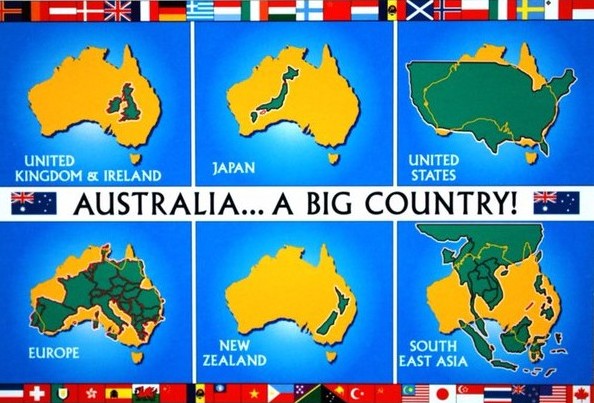
If you’re travelling through Australia keep in mind the different timezones:

3. Climate
Like mentioned above, the size of Australia is enormous, on top there are a lot of different climate zones. Think carefully while planning your trip! Tip: Summer in Europe -> go north in Australia, Winter in Europe -> go south in Australia. Check out the climate and weather conditions on the official bureau of meteorology of Australia (they have an excellent app for smarthphone/tablet use)
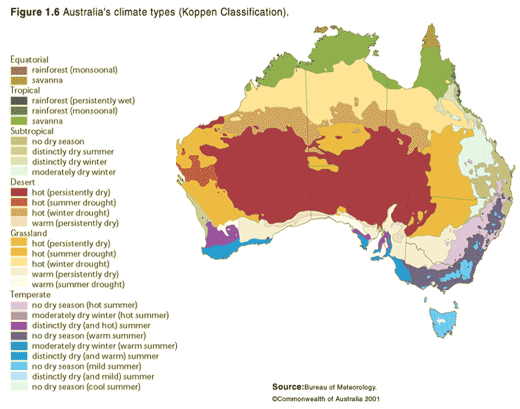

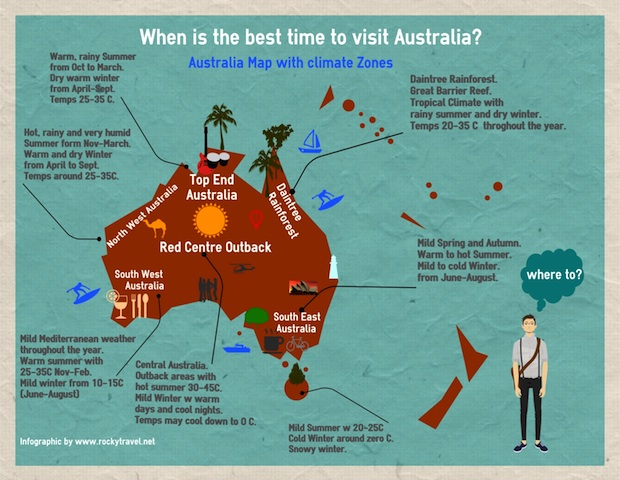
4. Official national parks site by state:
Information on state tourism sites (also national parks per state (and camping in national parks – sometimes included in the park pass) – buy a pass upfront online, also possible with rental cars!)
- New South Wales
- Victoria
- Canberra
- Queensland
- Northern Territory
- Western Australia
- South Australia
- Tasmania
- general tourism site for whole Australia: See Australia
5. Apps (smarthphone/tablet)
Mobile operator with the best coverage in Australia: Telstra (choose for the pre-paid card with the freedom plus formula to get your internet access covered)
- Pocketweather AU (official weather information app with alarm functions) http://www.shiftyjelly.com/ios/pocketweatherau (iOS en Android)
- Wikicamps (free and paid camp spots – reviews) http://www.wikicamps.com.au/ (iOS / Android / Windows)
6. Accommodation
You have a wide range of options to find accommodation in Australia, here are a few ideas:
- Camping – once you go out of the cities the best way to experience Australia is to camp. Try to find out free (and paid) camp spots on the wikicamps app or the camp guides on paper. You have three major camping operators in Australia (get a membership card if you plan to use them often and want a discount): Big 4 – Discovery Parks – Top Tourist Parks. (tip: check if National Parks have camping spots available)
- Hotels / Appartements – in the popular tourist places you find a huge range of hotels/appartements. Check Booking.com or Airbnb for example
- Youth Hostels – again, a wide range, check YHA Australia (tip: YHA The Rocks in Sydney)
Other accommodation types:
- Farmstays – for example in South Australia you can sleep on a station (tip: Mount Ive Station)
- Lighthouse stays – Australia has over 350 lighthouses. In a few you have the possibility to sleep, check here for more information
- Housesitting – cheap accommodation for longer periods, check aussiehousesitters
- Couchsurfing – also popular in Australia, check couchsurfing.com
7. Transport
Going to Australia leaves you not many options to get there. For most people it means taking a long-haul flight. A lot of airlines fly from Europe to Australia, to name a few: Etihad, Qatar, Emirates, Qantas, British Airways, Singapore Airlines, ….). Many of them stop over in the Middle East hubs (Dubai, Doha, Abu Dhabi), others stop in Asia (Singapore, Kuala Lumpur,…). Either way, it’s a long way. Discover which airlines fly the latest planes (Airbus 787 Dreamliner, A380): they give a little bit more comfort on the long-haul (even in Economy). The main airports in Australia are operated by those airlines (Perth, Melbourne, Sydney, Brisbane, Perth).
Once in Australia you have some options to travel:
- Car – Gives you the most freedom to explore the big country – all the big rental car operators are active in Australia (Europcar, Hertz, Avis,…). Be aware of toll roads around the big cities. Compare for the best prices. 4WD drives also available (higher costs) – tip: before you go on a 4wd track, check if you need a permit (for example on the Mereenie loop you need a permit)
- Campervan – A lot of people choose this option. Be aware: very expensive, but you have the freedom to travel at your own pace (take a look at apollo, britz, wicked campers, drive beyond)
- Airplane – do like many Australians, take a plane. It let’s you travel fast over great distances to another part of the country. Tip: you can book your international ticket and domestic flights together with for example Qantas (or Jetstar – the low-cost partner of Qantas), it can save you a lot of money. Look for low-cost (Virgin Australia, Scoop, …). Fun fact: Australia has 480 airports.
- Train – for the bigger travel budget (you also have economy options, but still more expensive than taking a rental car for example) – see rail australia
- Bus – you have the long distances busses like you have in the US. They cover pretty much whole Australia (see greyhound Australia). Between the major cities you have a lot of bus companies that give discounts (for example murrays australia) – cheap options available.
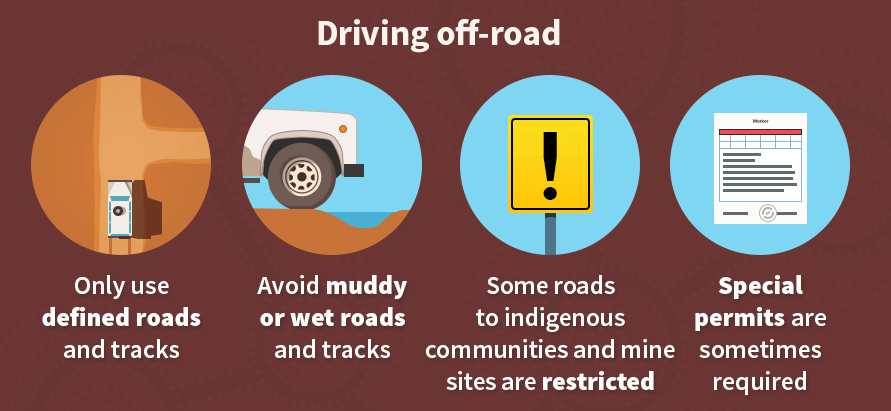
8. Dangers
Yes, Australia has the highest numbers of deadly animals in the world: spiders, snakes, sharks, you name it – they have it. But don’t let that spoil the fun. If you look at the statistics almost no one dies from these animals. With a bit of common sense you’re safer off than in the rest of the world.
A few things to keep in mind:
- respect the lifeguard rules on the beaches (swim between the flags)
- driving: left side of the road! Keep calm in busy traffic and once you go out of the cities watch out for the road trains (take over with great care!) and wildlife
- outback: hostile surroundings, heat and isolation can be very dangerous (always carry enough water and food). Number one rule in case of a breakdown: always stay with your car!
- Mosquitoes: especially in the tropical areas, always use insect repellent with DEET. Tip: buy it in Australia (Bushman).
9. Questions?
Just email us:
Error: Contact form not found.
10. Articles
Read the latest articles about Australia on our Australia flipboard magazine (in the app or in your web browser).
